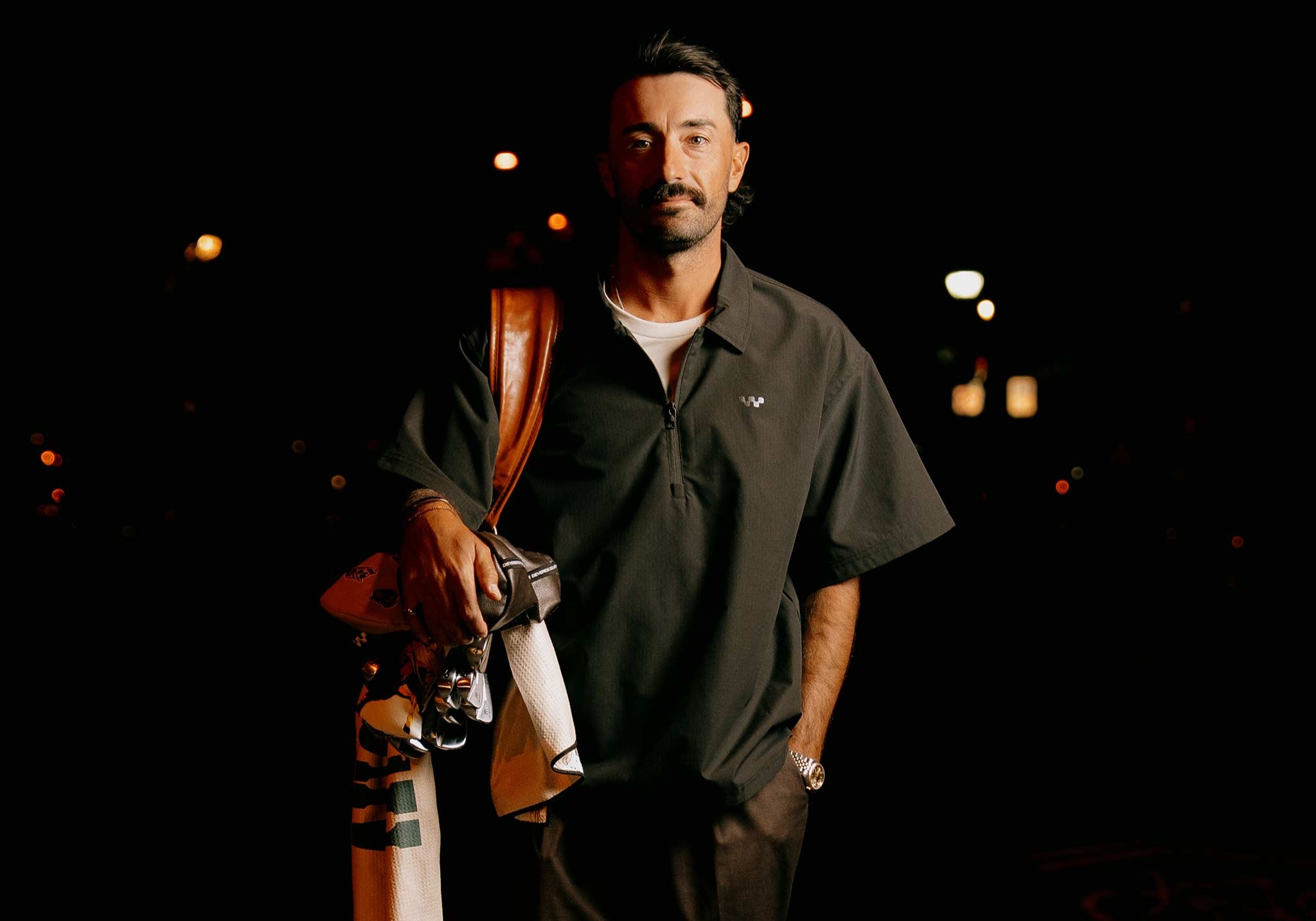Breast cancer survivors: new training to treat ‘chemo-brain’: A form of computerised attention and memory training can improve impaired attention and memory issues in women treated for breast cancer, University of Reading researchers have found.
‘Chemo-brain’ refers to cognitive problems like forgetfulness, difficulty concentrating, and lapses in everyday attention, which are common side effects of breast cancer treatments including chemotherapy.
The findings, published in the journal Psycho-Oncology, suggest that an adaptive “dual memory tracking” training program may help breast cancer survivors cope with persistent chemo-brain.
Professor Nazanin Derakshan, who supervised the research and leads the University’s Centre for Building Resilience in Breast Cancer, said: “Breast cancer survivors tell us about struggling to concentrate. The training seems to improve the brain’s ability to focus on what’s relevant and ignore distractions. Our results show that just 12 hours of memory training over two weeks can produce meaningful gains in cognition.”
Lasting gains
The training requires users to simultaneously track the location of squares on a screen as well as the sequence of spoken letters. As performance improves, the task gets harder.
Brain activity and performance measures showed women who did the adaptive memory training had better working memory and attention after training compared to a control group who did a simpler, non-adaptive version.
One year later, the memory training group also reported better cognitive abilities and lower depression than the control group.
Next steps
The researchers now plan larger trials with more participants to further verify the benefits of the memory training program and determine which groups of breast cancer survivors respond best.
They will investigate how factors like age and types of treatment impact the effectiveness of the training. Imaging studies will also explore changes in brain structure and activity before and after training.
Dr Bethany Chapman, who led the study: “The psychological costs of chemo-brain together with an increased risk of clinical anxiety and depression, are amongst the highest documented in research. If we can empower women by increasing cognitive efficiency, we can protect them against anxiety and depression in the long term. We’re optimistic this research will lead to new tools to improve the quality of life for breast cancer survivors in the UK and worldwide.”
• Watch the memory training instruction video
• Access the memory training programme
Chapman B, Louis CC, Moser J, Grunfeld EA, Derakshan N. Benefits of adaptive cognitive training on cognitive abilities in women treated for primary breast cancer: findings from a 1‐year randomised control trial intervention. Psychooncology. 2023;1‐10. https://doi.org/10.1002/pon.6232








